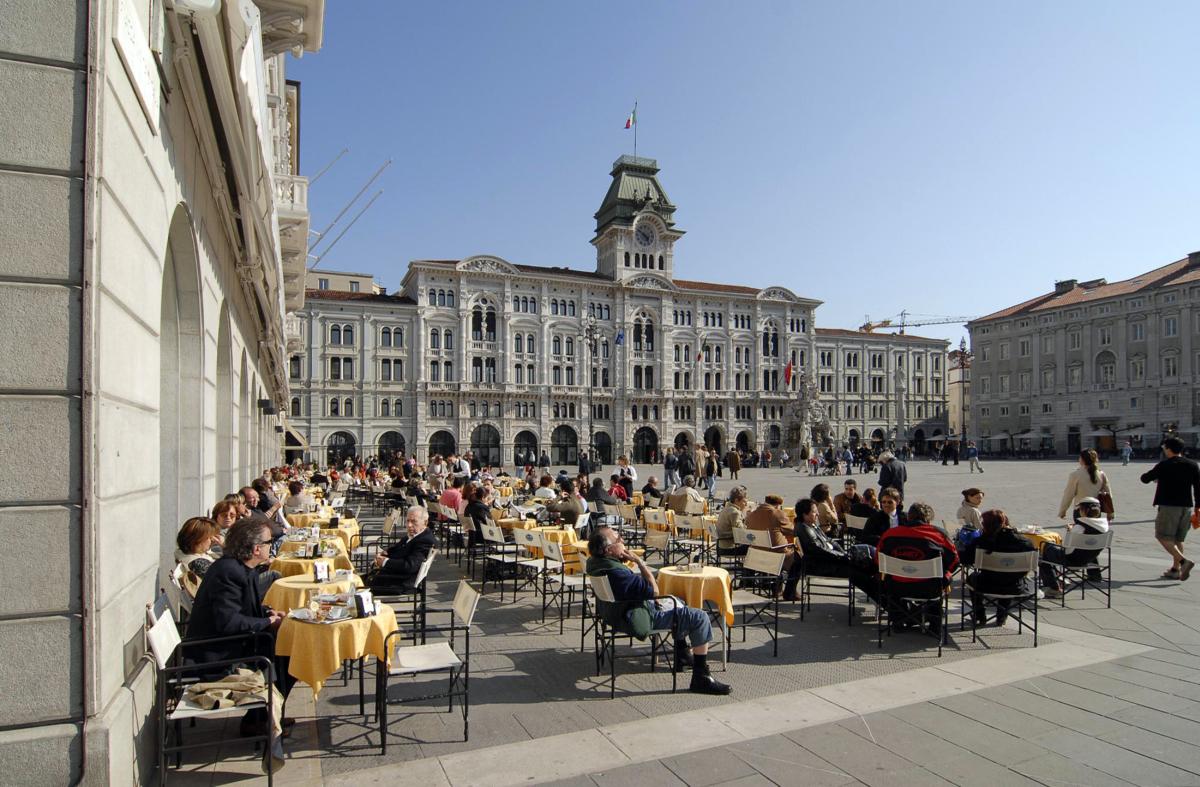
Born into a poor Trieste family in 1902, Mijot worked hard to support herself. Among other jobs, she worked as a seamstress, a maid, and a gym teacher. But despite having only a limited education and little access to Slovenian books, she also wrote: mostly stories and poems in the local Trieste dialect of Slovenian. For years, most of her work never saw the light of day because Trieste was under Fascist rule, but that didn’t stop Mijot from creating. She even participated in the local Slovenian-language choir.
That all changed after World War II and the introduction of democracy to Italy. Finally, Mijot could publish her work, and both her poems and her prose began appearing in the press and on Slovenian-language radio. Many of her stories focused on everyday life among the Slovenians of the Trieste area – their traditions, their language, and their work --, while others focused on the nature of the Adriatic Coast.
Some of her best work was eventually published in book form. Vladimir Bartol, one of Slovenia’s greatest writers, was an admirer of her work and even wrote the preface to one of her collected volumes. Meanwhile, Mijot became an active member of Slovenian cultural associations, which had an daunting task in front of them: to restore Slovenian cultural life after years of repression.
Mijot spent most of her last years surrounded by her beloved cats. She died in 1994, but her work lives on. Her writings serve as precious documents of another time, when the Slovenian community struggled for survival in an often-hostile city.

































































